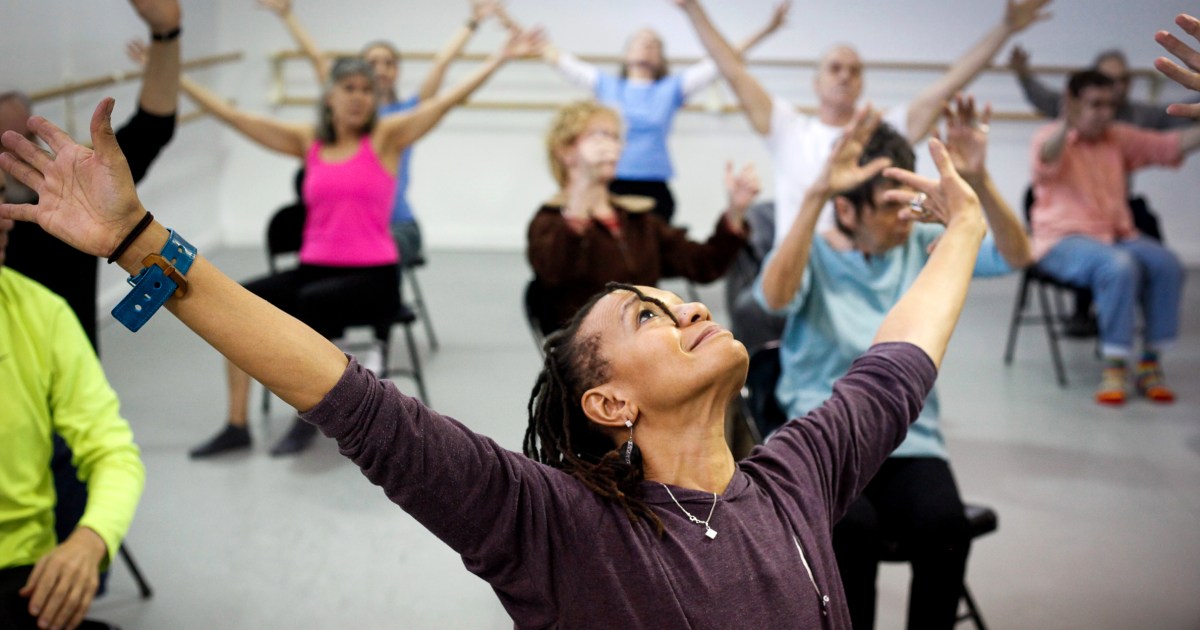The organizers of a large U.S. exercise program for people with Parkinson’s disease discovered a lack of diversity among participants, particularly in the Black community. Despite the proven benefits of exercise for Parkinson’s patients, including improved symptoms and mobility, efforts to recruit Black participants have been challenging. Research has shown that exercise can have positive effects on dopamine-producing neurons in Parkinson’s patients. Despite initiatives to increase participation in underserved communities, including increased marketing and free programs, many Black people remain unaware of the disease and are less likely to be diagnosed due to doctor bias and lack of awareness of symptoms. Inadequate trust in the healthcare system and concerns about job security also contribute to the reluctance of Black patients to join exercise programs. To improve diversity and trust in Parkinson’s exercise programs, it is essential for Black individuals to lead recruitment efforts and for organizations to provide resources and support to underserved communities. Efforts are being made to address these challenges, such as fundraising for microgrants to start dance programs for Parkinson’s patients in underserved communities. The importance of diversity and inclusion in Parkinson’s exercise programs is emphasized as a critical step toward addressing disparities in healthcare access and outcomes.
Photo credit
www.nbcnews.com
Black individuals with Parkinson’s disease often go undiagnosed and do not receive proper treatment




